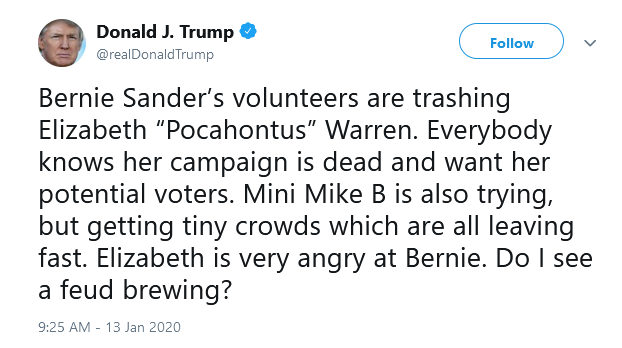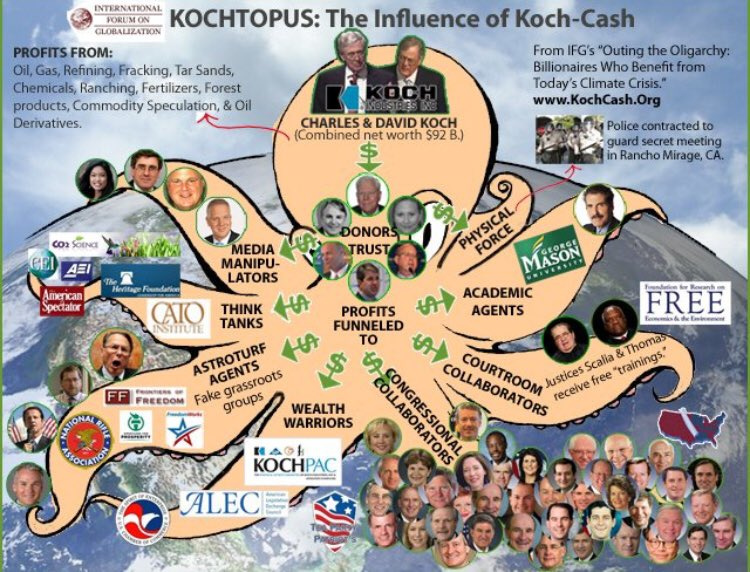U.S. intelligence and law enforcement officials are assessing whether Russia is trying to undermine Joe Biden in its ongoing disinformation efforts with the former vice president still the front-runner in the race to challenge President Donald Trump, according to two officials familiar with the matter.
The probe comes as senior U.S. officials are warning that Russia’s election interference in 2020 could be more brazen than in the 2016 presidential race or the 2018 midterm election.
Part of the inquiry is to determine whether Russia is trying to weaken Biden by promoting controversy over his past involvement in U.S. policy toward Ukraine while his son worked for an energy company there.
Trump was impeached by the House and faces a trial in the Senate over his pressure on Ukraine’s president to investigate Biden, the early front-runner for the Democratic presidential nomination, as well as an unsupported theory that Ukraine, not Russia, interfered in the 2016 election.
A Kremlin strategy to undermine Biden would echo its work in 2016, when American intelligence agencies found that Russia carried out a sophisticated operation to damage Democrat Hillary Clinton and ultimately help Trump, according to the officials, who asked not to be identified discussing the sensitive matter.
A signature trait of Russian President Vladimir Putin “is his ability to convince people of outright falsehoods,” said William Evanina, director of the National Counterintelligence and Security Center, while declining to comment on whether U.S. intelligence is investigating a possible Russian campaign to undermine Biden.
“In America, they’re using social media and many other tools to inflame social divisions, promote conspiracy theories and sow distrust in our democracy and elections,” Evanina said in a statement. “As we look ahead to 2020, one thing I can guarantee is they’ll keep up their influence campaigns and utilize new vectors of disinformation.”
Russian operations this year represent a continuation of interference in the U.S. and other countries that’s been going on for years as Putin tries to undermine and destabilize western democracies, said John Demers, head of the Justice Department’s national security division.
”I don’t think we were tested in 2018 in the way that we’re going to be tested in 2020,” Demers said in an interview about Russian foreign interference in general where he declined to discuss any matters related to Biden or other candidates. Putin has scoffed at assertions of Russian interference in other nations’ elections.
…
It’s a delicate issue for U.S. agencies because they came under criticism for being too slow to react to and publicize what Russia was doing in 2016.
The Office of the Director of National Intelligence declined to discuss specifics but said its 2019 assessment of Russia still stands.
‘Aggravating’ Tensions
“Russia’s social media efforts will continue to focus on aggravating social and racial tensions, undermining trust in authorities, and criticizing perceived anti-Russia politicians,” according to that assessment. “Moscow may employ additional influence toolkits – such as spreading disinformation, conducting hack-and leak operations, or manipulating data – in a more targeted fashion to influence US policy, actions and elections.”
Russia’s campaign interference in 2016 resulted in a multiagency investigation that led to a highly classified intelligence assessment, part of which was made public in January 2017. Trump has questioned the finding of Russian meddling and has asserted that government agents biased against him conducted a “witch hunt” into whether his campaign conspired with Russia.
The potential for Russia to spread falsehoods – and to develop increasingly sophisticated techniques to do so – is one of the bigger concerns that U.S. officials have as the 2020 election approaches, Demers said.
”It’s possible that you will see the creation of false documents,” Demers said. “They could be mixed in with real information, which would make it very difficult to discern the difference. I worry about that as the next evolution of some of their means.”
Officials also expect Russia to continue trying to hack organizations, release embarrassing information and carry out malign social media operations.
Leading the Charge
There’s a big difference in 2020 that’s working to the Kremlin’s advantage. In 2016, Russia had to hack documents, covertly leak them and manufacture a social media operation to damage Clinton. This time around, the narrative about Biden and Ukraine is already well-publicized and being advanced by Trump, his personal attorney Rudy Giuliani and the president’s Republican allies in Congress.
“Biden is to 2020 what Clinton was to 2016,” said Clint Watts, a former FBI agent who has been tracking Russia’s foreign influence operations.
“The difference is that you have Trump in the White House who is also leading that charge and also trying to dig up dirt in Ukraine,” said Watts, who’s now a distinguished research fellow at the Foreign Policy Research Institute.
Another difference compared to previous years is that the Kremlin is much more overt in carrying out its influence operations. Russia has been openly promoting the controversy over Biden and Ukraine, feeding information back into the U.S. where there is an audience that’s receptive to it, Watts said.
Russia has been using its state-run media RT and Sputnik News to selectively promote favorable and unfavorable information about presidential candidates, according to an analysis by the Foreign Policy Research Institute’s Foreign Influence Election 2020. …



 Does anyone else find it annoying when candidates complain that their jobs get in the way of campaigning or just me. Not a good look.
Does anyone else find it annoying when candidates complain that their jobs get in the way of campaigning or just me. Not a good look. 




